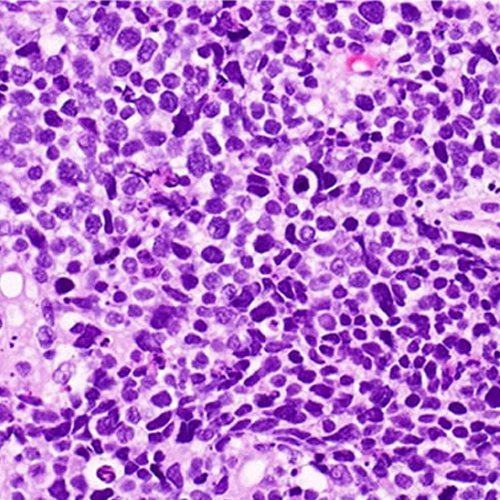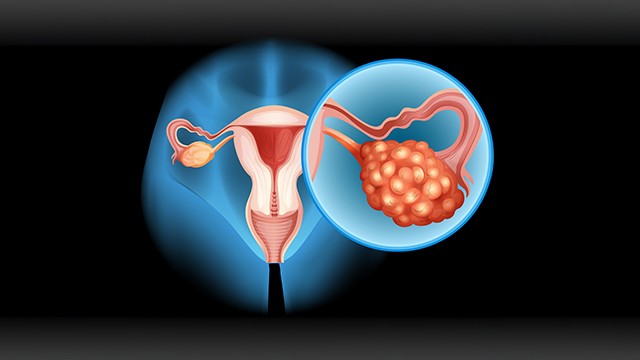What Causes of Ovarian Cancer?
The exact cause of ovarian cancer is yet to be recognized. However, certain acquired and inherited genetic mutations may put a woman at a higher risk of developing ovarian cancer.

DNA Mutations
Ovarian cancer begins when cells in or near the ovaries acquire mutations in their DNA. These mutations instruct the cells to grow and multiply rapidly, forming a tumor.

Abnormal Cell Growth
Cancer cells continue to grow and divide, unlike healthy cells that would normally die off. They can also invade nearby tissues and spread to other parts of the body

How Can Ovarian Cancer Be Prevented?
Most women tend to have one or more risk factors for ovarian cancer. However, that does not necessarily mean that they will develop ovarian cancer at some point in life. Understanding these risk factors and managing them optimally can help prevent ovarian cancer.
Maintain a Healthy Weight
Obesity may increase the risk of ovarian cancer. Aim for a healthy weight through diet and exercise.Avoid Hormone Replacement Therapy (HRT)
Long-term use of HRT after menopause is linked to a higher risk of ovarian cancer. Discuss alternatives with your doctor.Use Oral Contraceptives
Birth control pills can reduce the risk, especially with long-term use. Discuss the benefits and risks with your healthcare provider.Consider Gynecologic Surgery
Tubal ligation and hysterectomy may reduce the risk, but should only be done for valid medical reasons.Genetic Counseling and Testing
If you have a strong family history or carry BRCA gene mutations, consider genetic counseling and testing to understand your risk.Risk-Reducing Surgery
For high-risk women, removing both ovaries and fallopian tubes can significantly reduce the risk. Discuss with your doctor if this is an option for you.Screening Tests
Some high-risk women may choose to undergo screening tests. However, the effectiveness of these tests in reducing mortality is not well-established.Conclusion
It is important to note that while these strategies may help reduce the risk of Ovarian cancer, they are not a guarantee, and Concerned person should still talk to their doctor about their individual risk factors and appropriate screening and prevention strategies.
If you have any of these cancer symptoms, take Ayurveda treatment, and it will help reduce the cause of the disease and help you come out of cancer. For this, consider the Best cancer hospital in Hyderabad Punarjan Clinic.
Disclaimer
This information on this article is not intended to be a substitute for professional medical advice, diagnosis or treatment. All content in this site contained through this Web site is for general information purposes only.

Book An Appointment
Please reach out to us to schedule your appointment. Your well-being is our priority.

